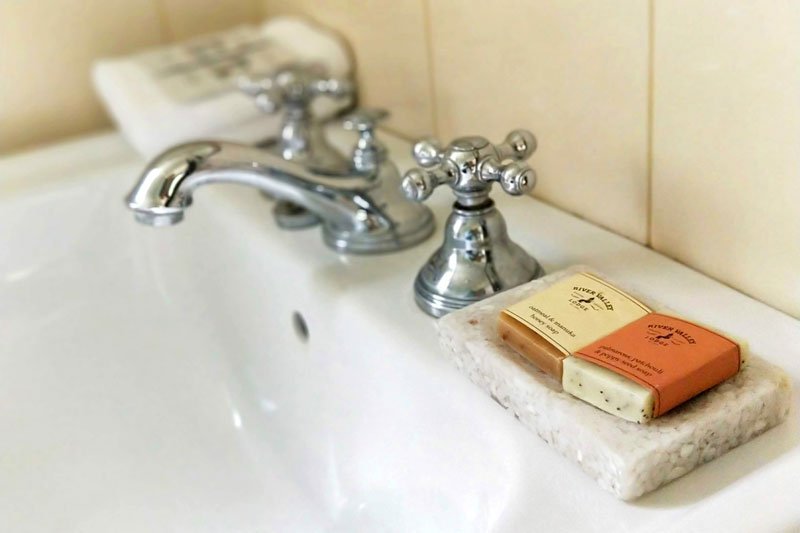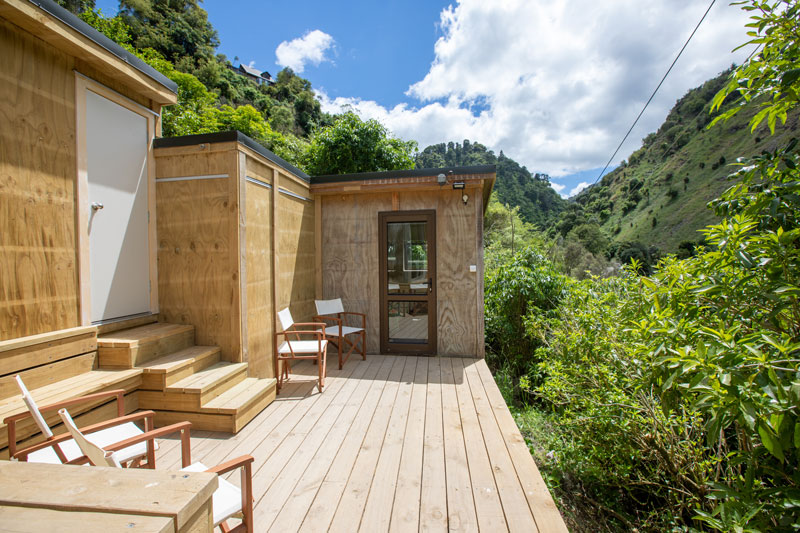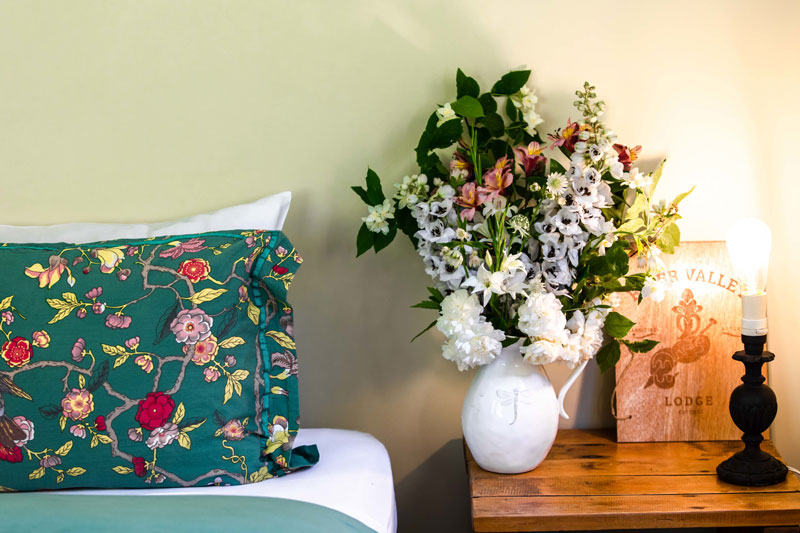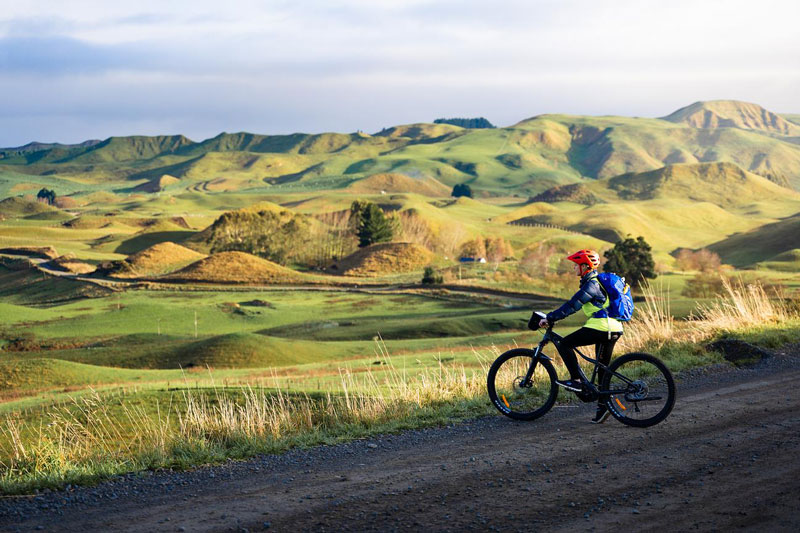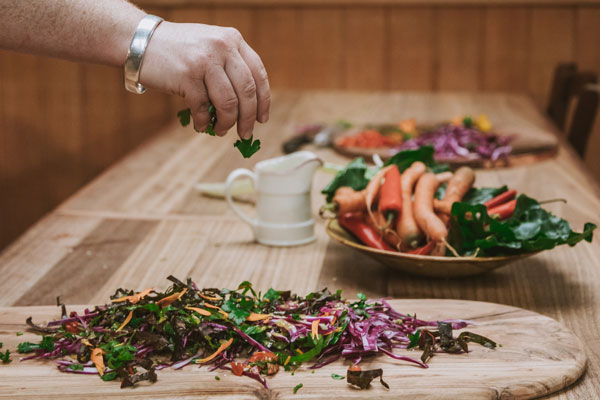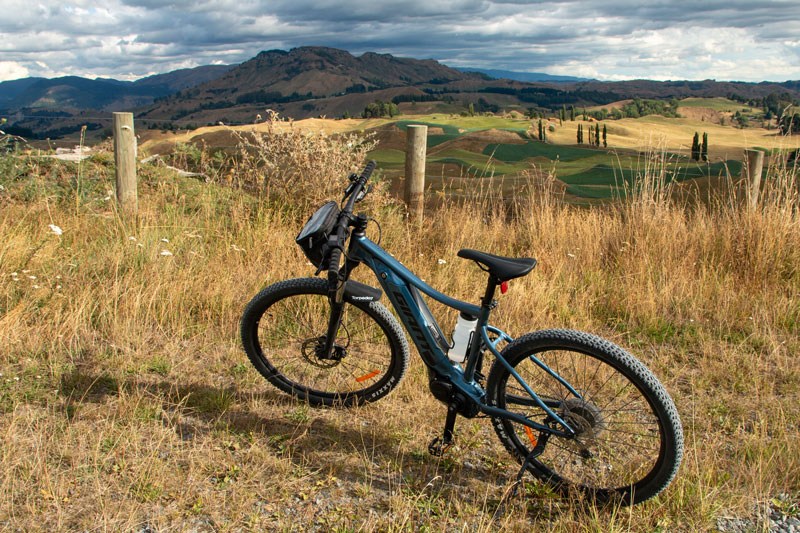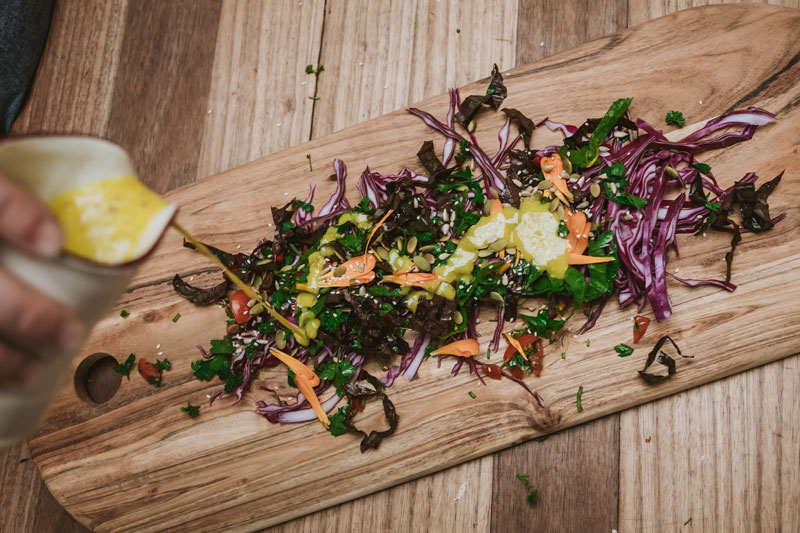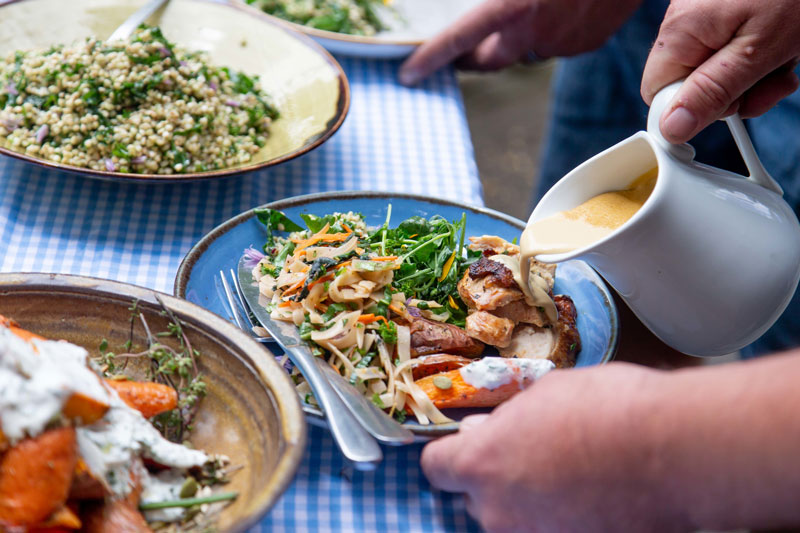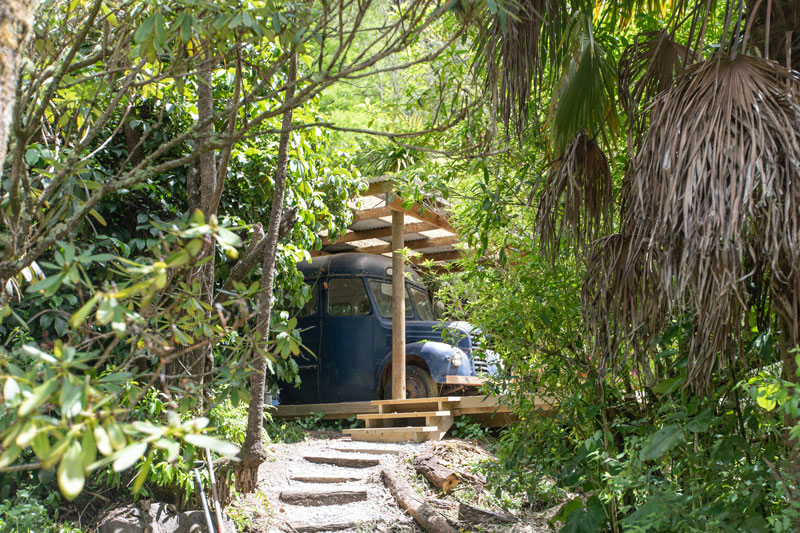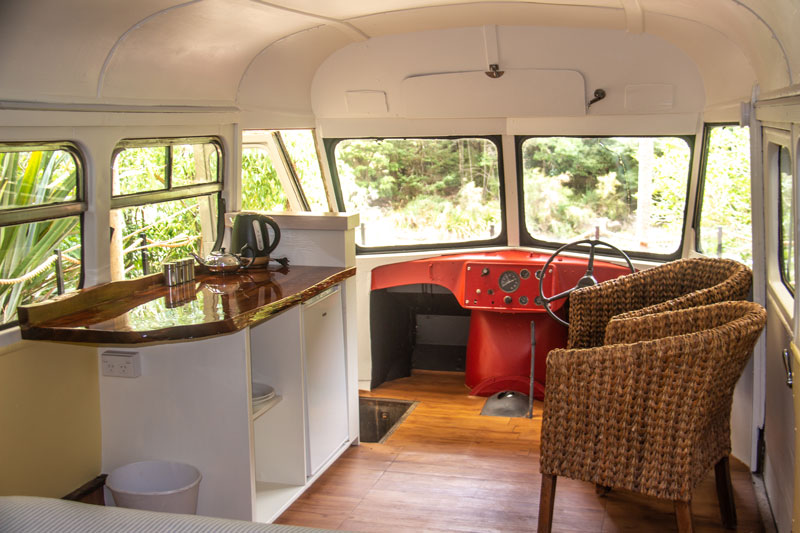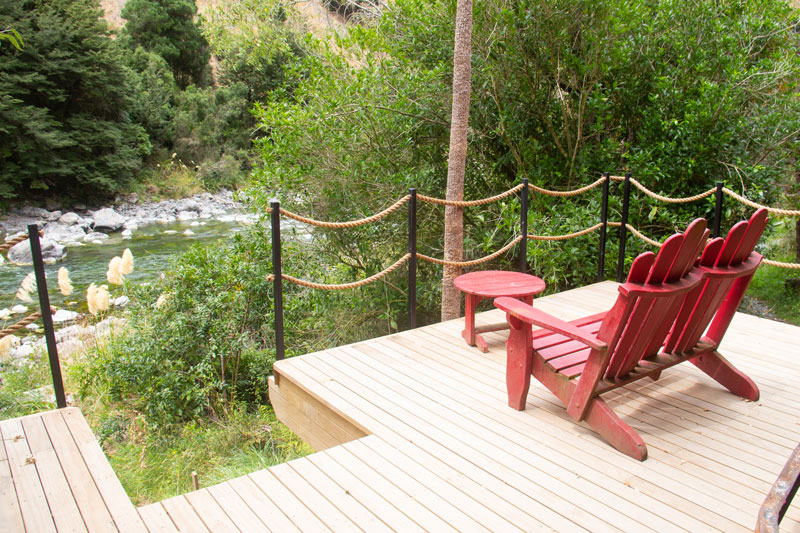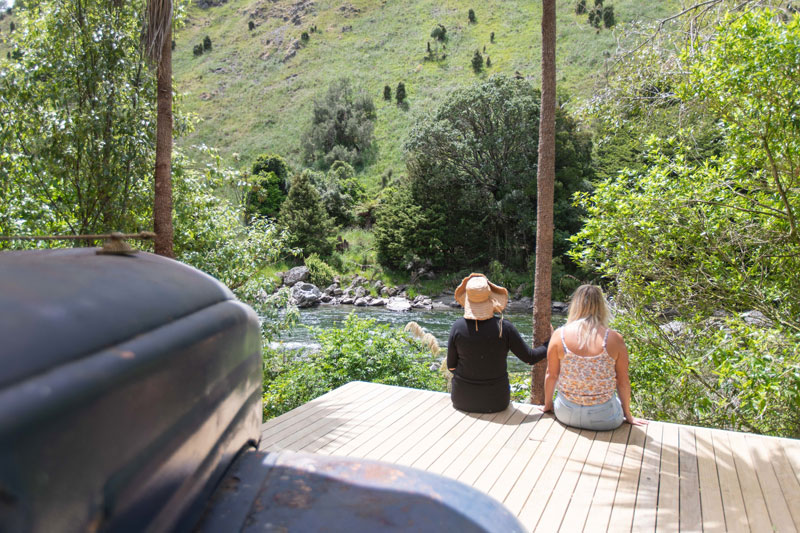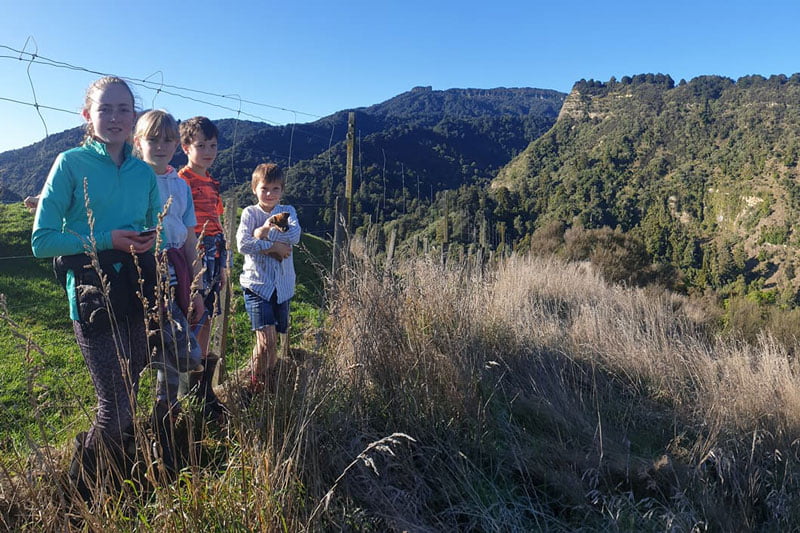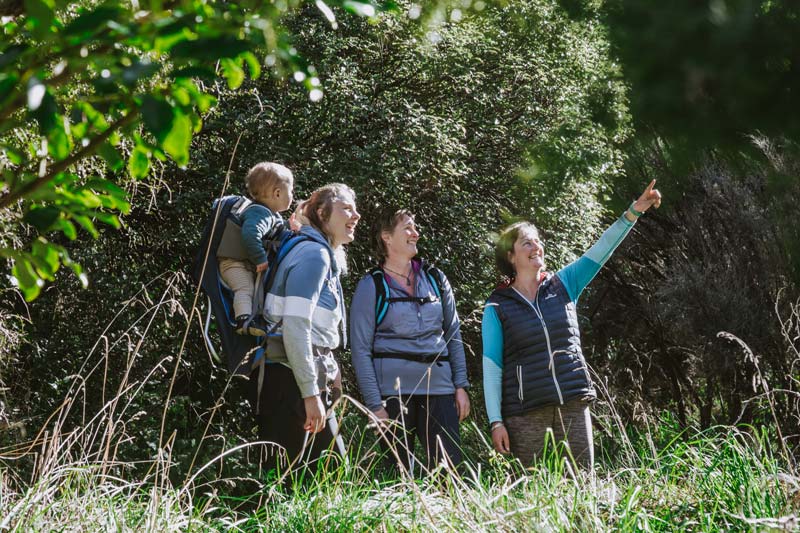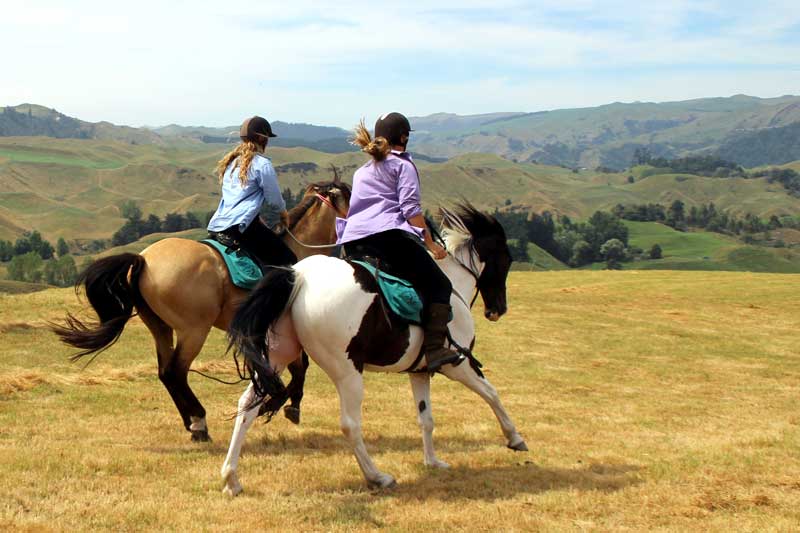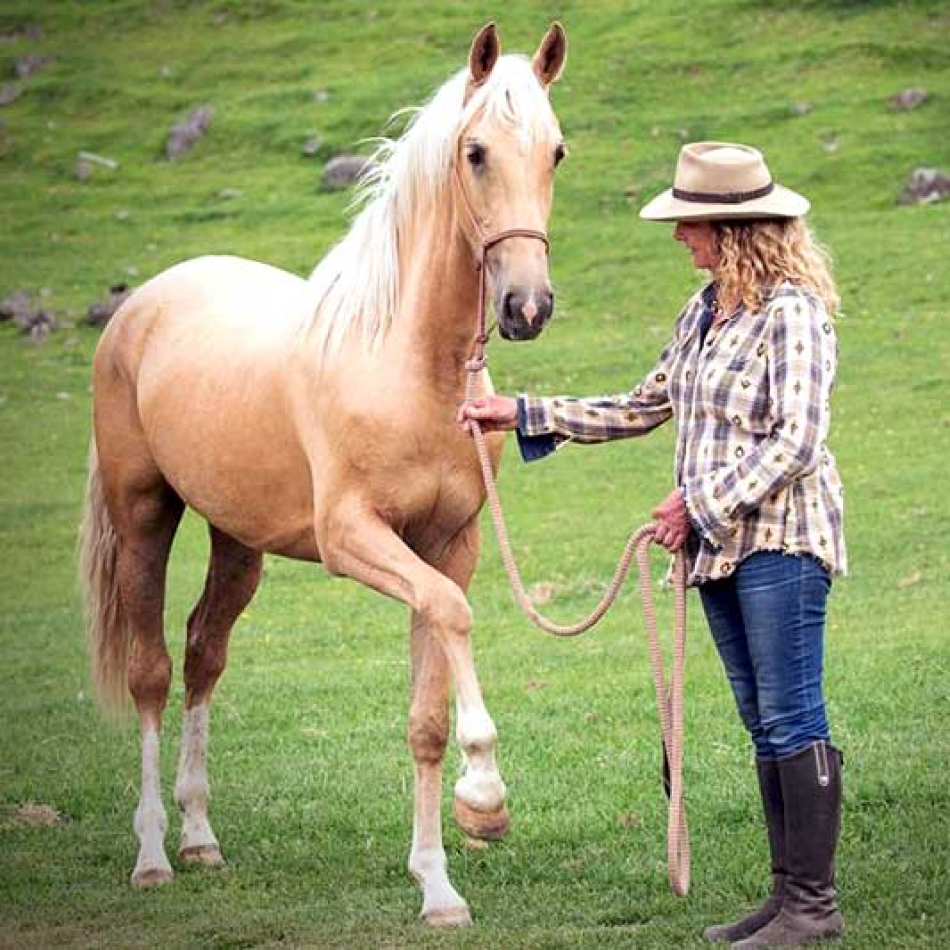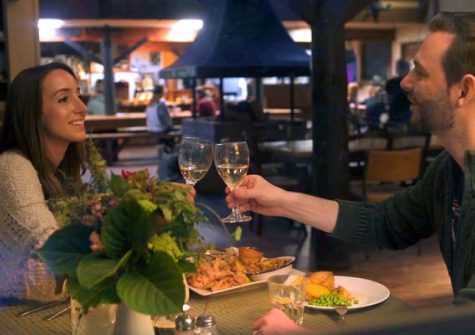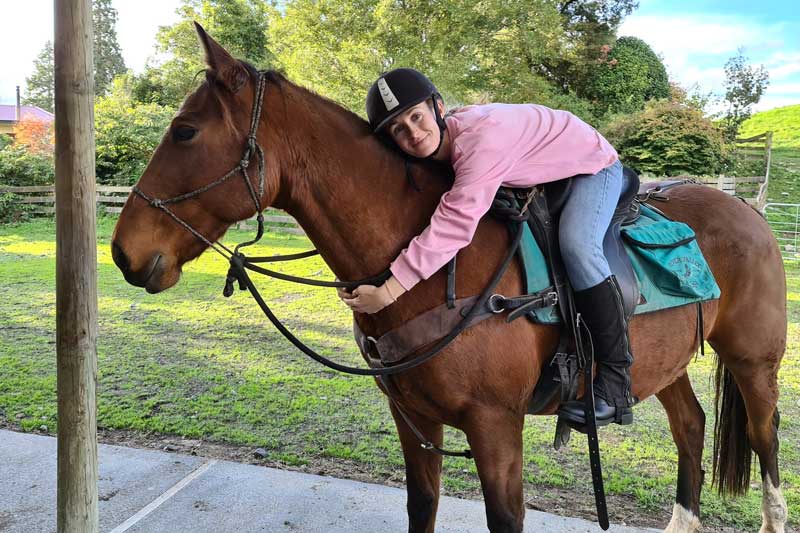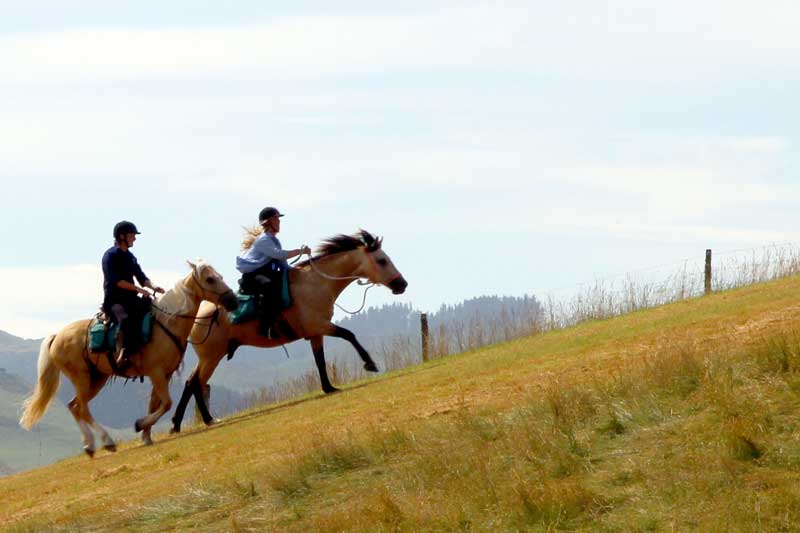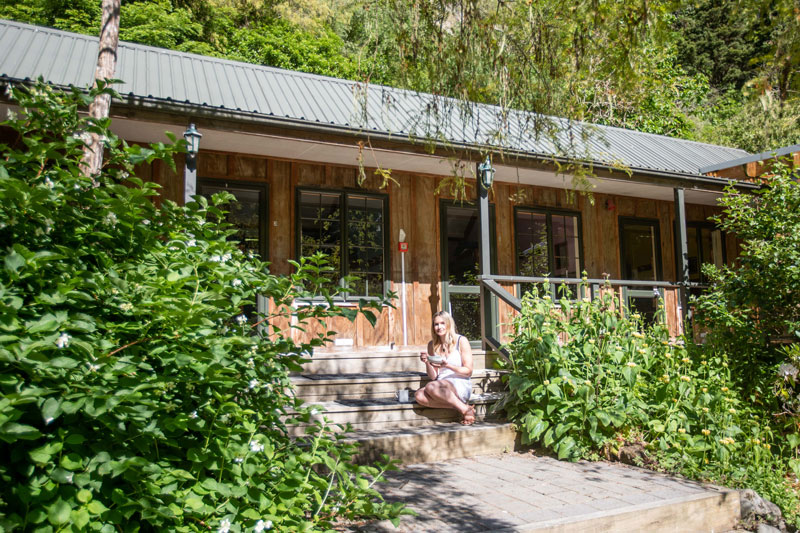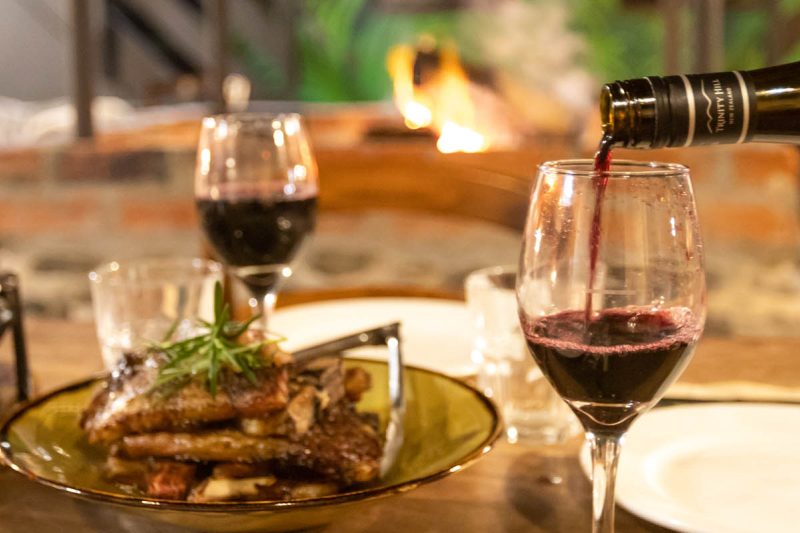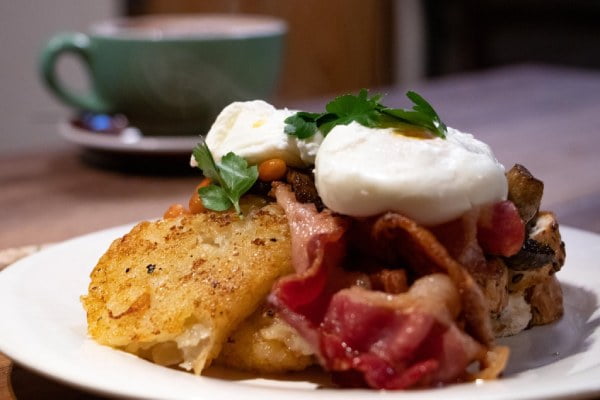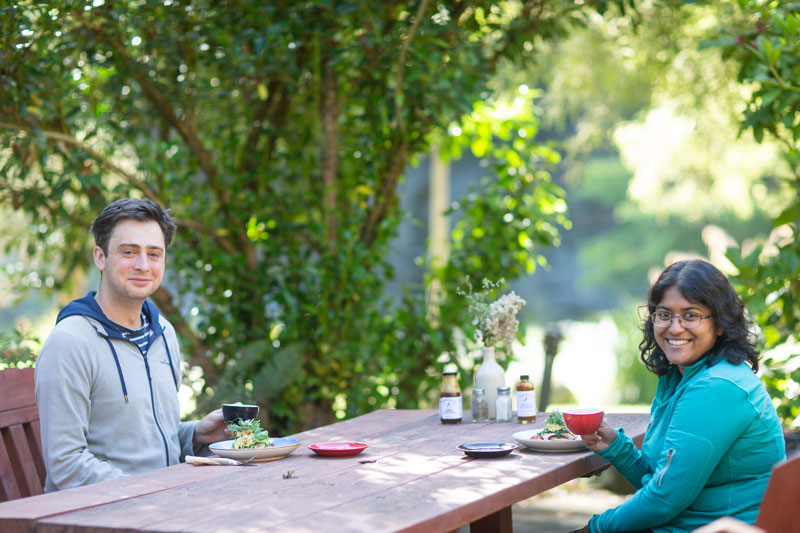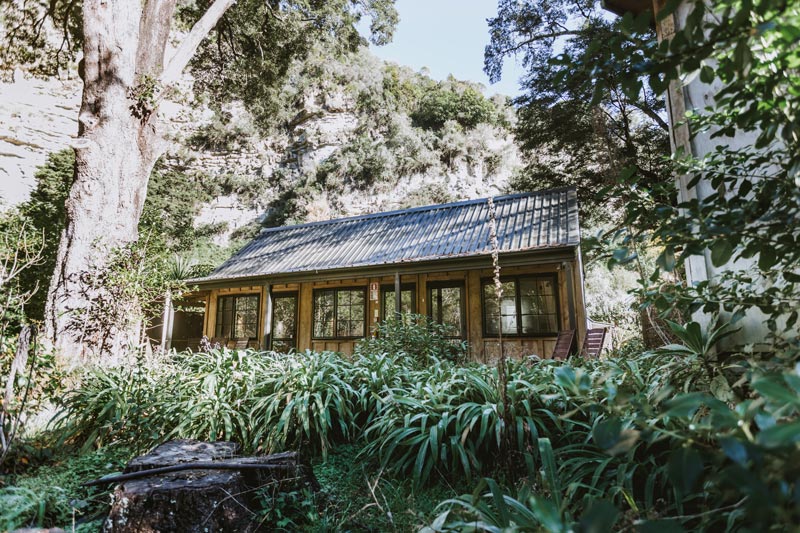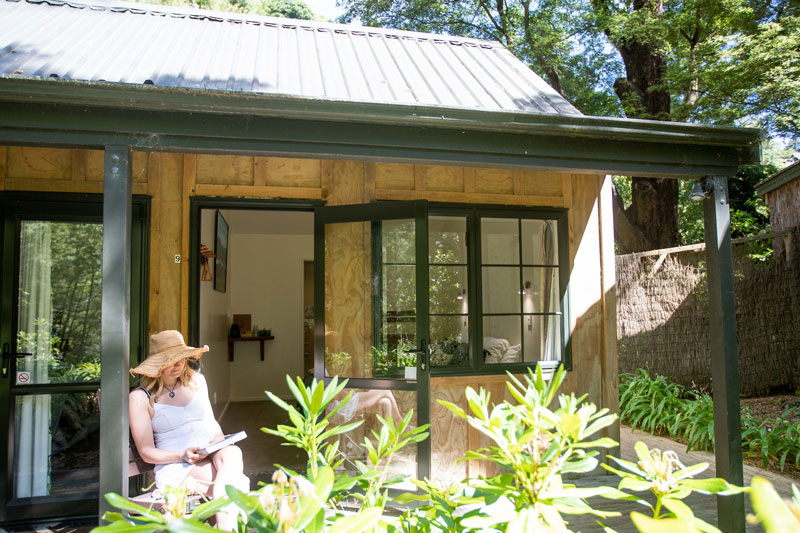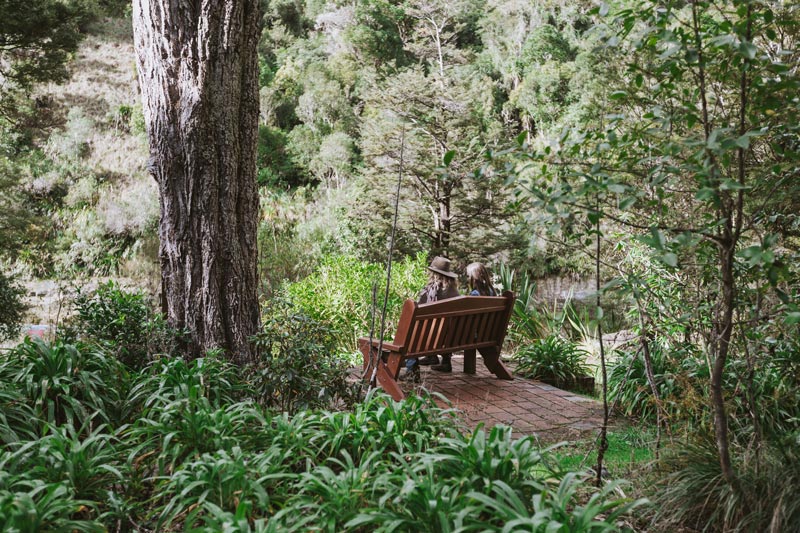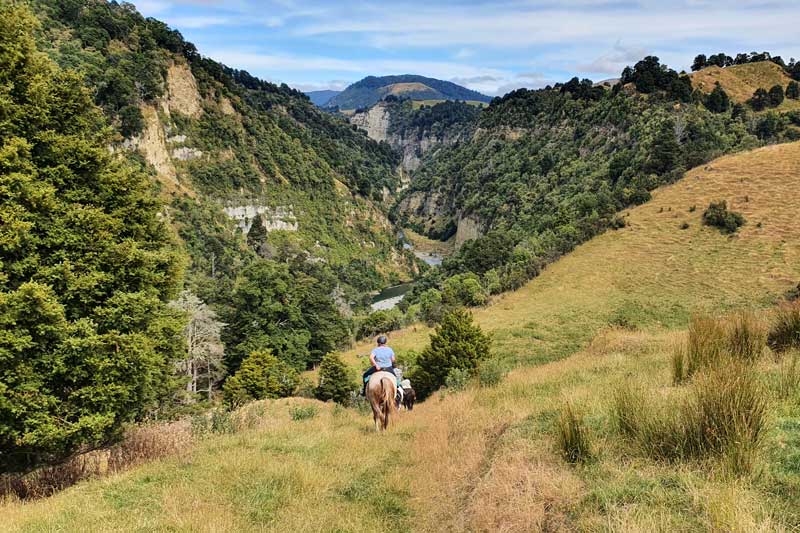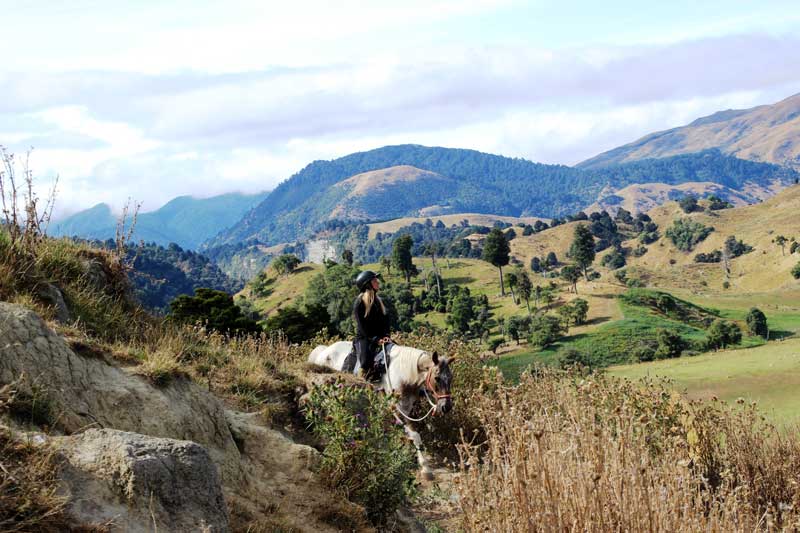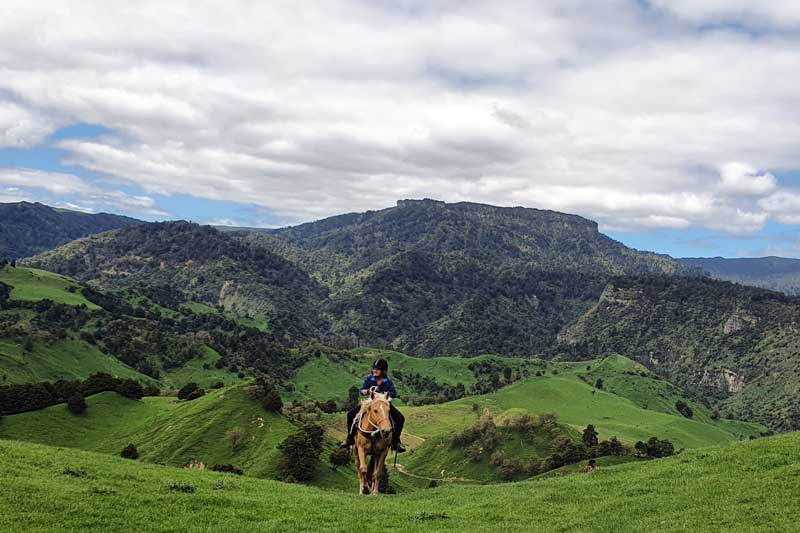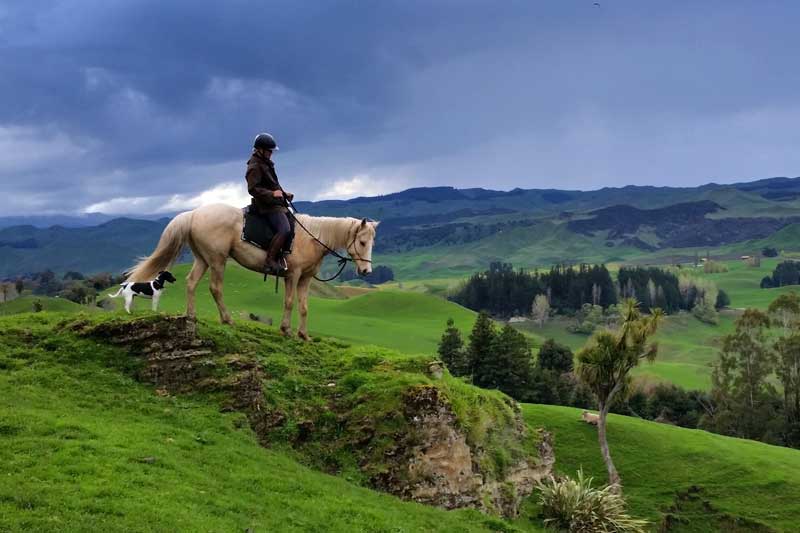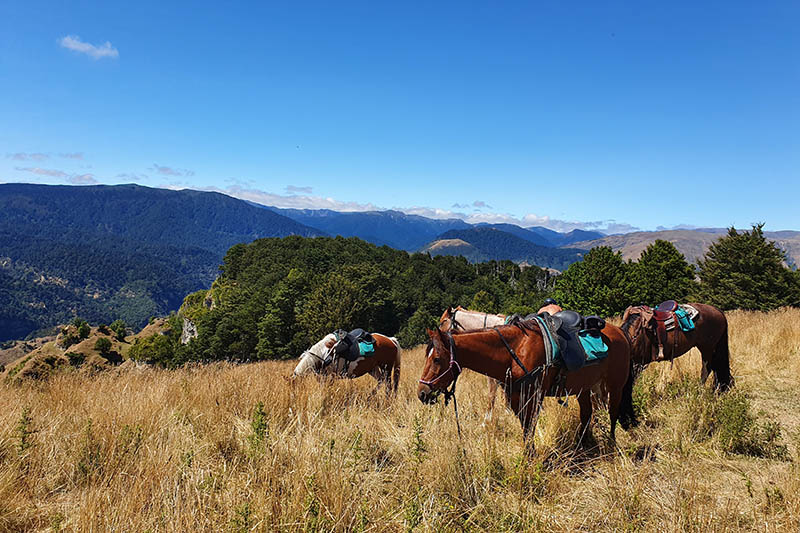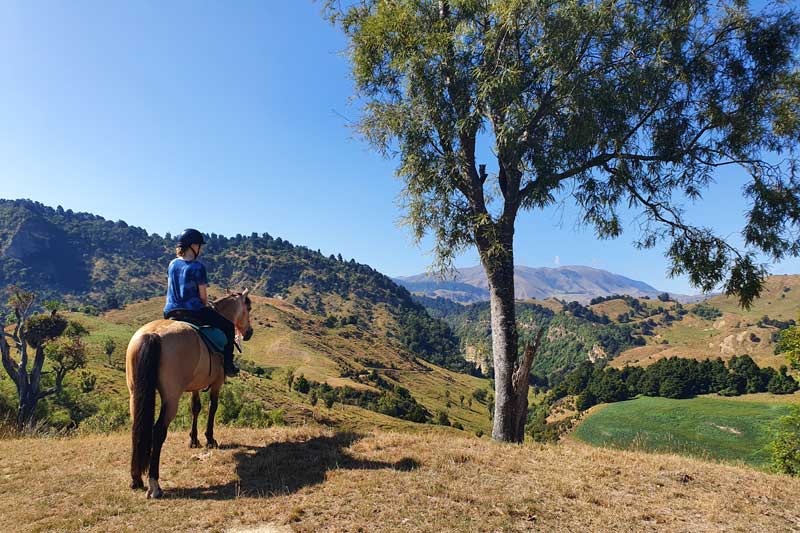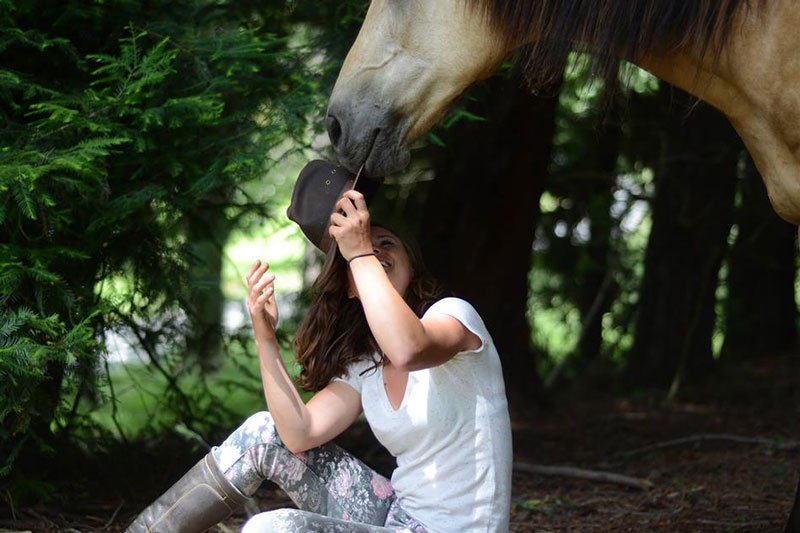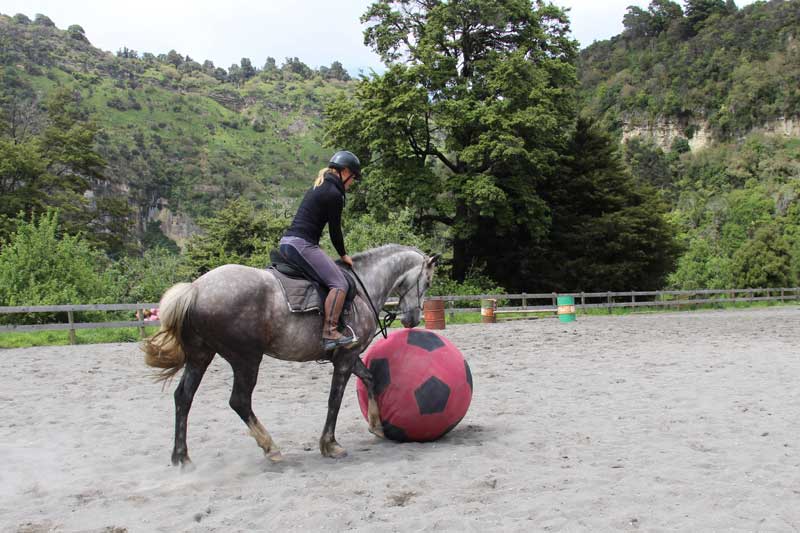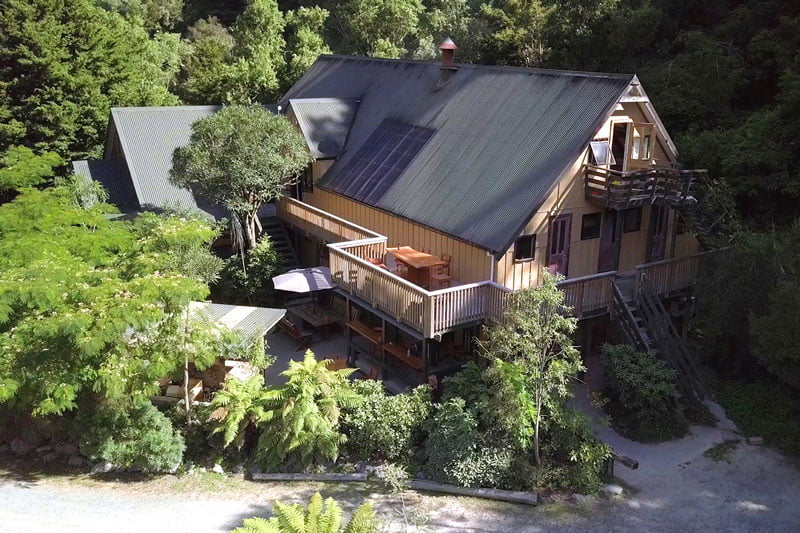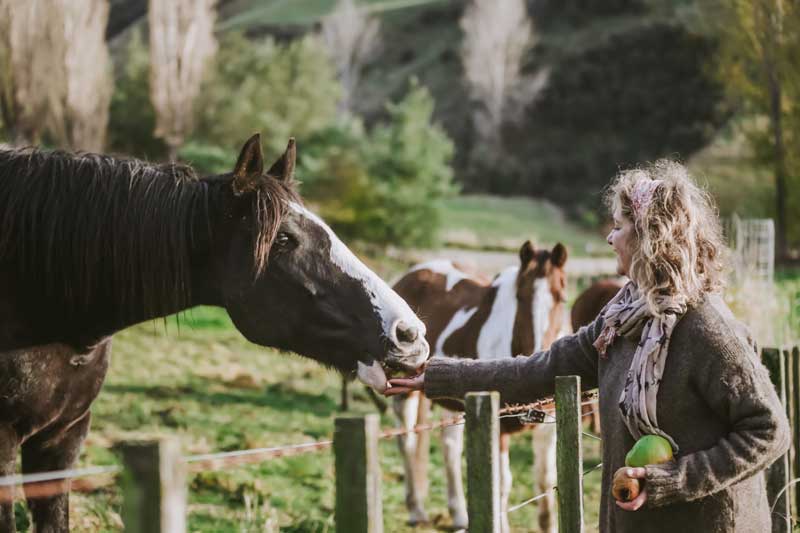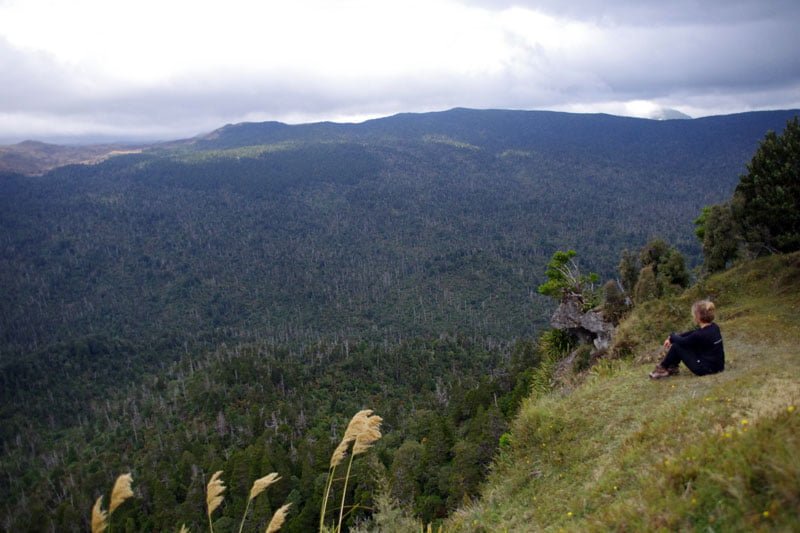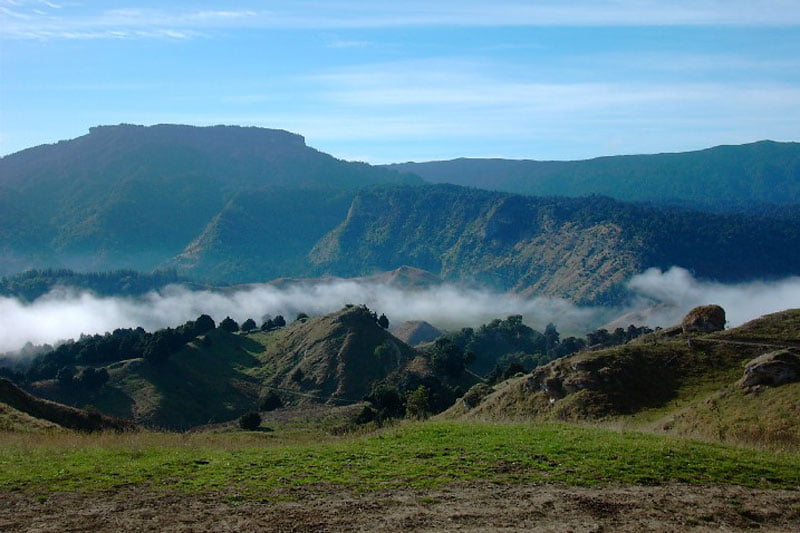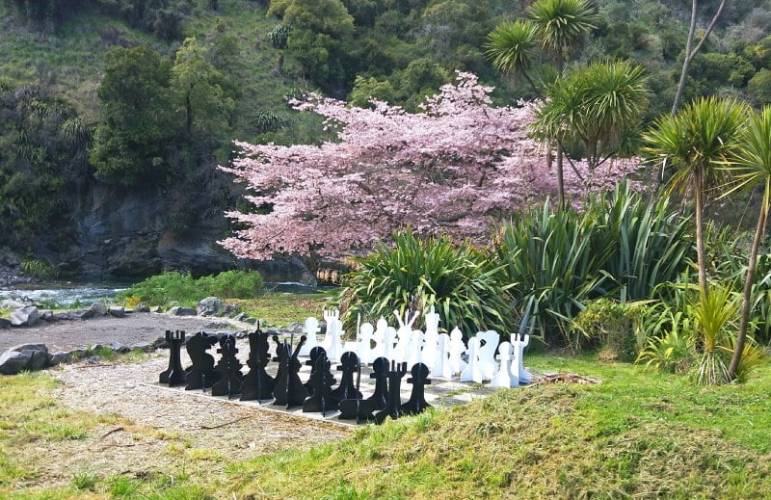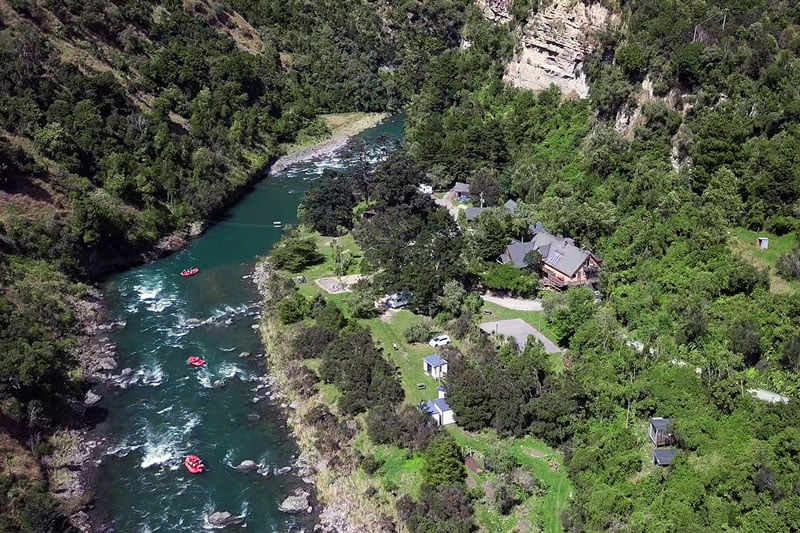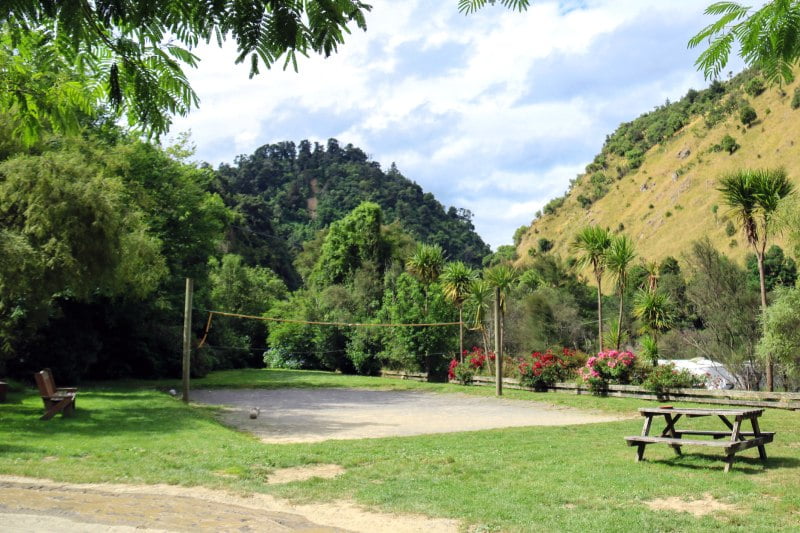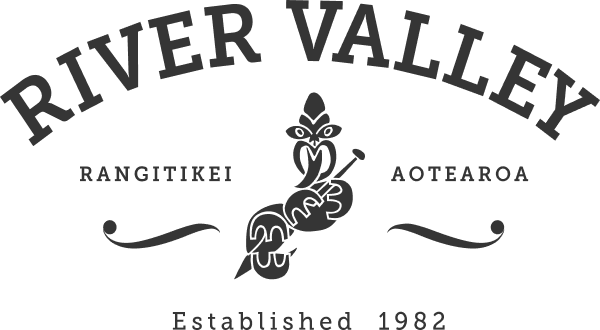Food From a Micro Farm
Last weekend I attended a workshop about market gardening on a micro scale. As you may be aware, we grow as much of the fresh vegetable produce as we can that is used in the Lodge kitchen.
I attended because I was interested in how we could grow more vegetables in our garden space, and hopefully with less work.
The Workshop was held at Roebuck Farm, which is situated just outside New Plymouth.
Jodi Roebuck and his wife, Tanya, have spent some 12 years previously growing heritage vegetable seeds, but three years ago decided to go in a different direction and start growing vegetables for sale.
Growing a Passion
Growing vegetables and regenerative agriculture have long been Jodi’s passions. Following this passion, he has travelled extensively and spent a considerable amount of time overseas both visiting and working, at the farms of many of the leading well-known growers and farmers in these fields.
Those people include, amongst others, Joel Salatin, Curtis Stone, John Jeavons, Elliot Coleman and Jean-Martin Fortier. Jodi has also tutored workshops himself, including overseas, and at the Koanga Institute at Wairoa.
I felt that by attending this course, taking into account what Jodi has done, I could really learn something.
Micro Market Gardening
As I have got older, I have become increasingly concerned with the quality of the food we eat, where it comes from, and what it is sprayed with. Coupled with that, I have wondered what the present more industrial direction of food production means to communities and the natural environment. I also wonder what the disconnection between food production and the majority of the population will mean in the long term.
So back to the workshop at Roebuck Farm. Part of the reason I was there was to explore whether it is possible for someone to make a reasonable living off a small area – in Jodi and Tanya’s case, some 800 square metres of garden bed (though the area is growing it must be added and may reach 1000 square metres). I believe that the future of food production needs to reconnect the consumer with locally grown and seasonal food. I thought that Roebuck Farm could be on that path.
What Conclusions Did I Reach?
First, Economics. Roebuck Farm is a profitable business; however, marketing their produce has been key to that profitability. They have developed niche markets that deliver them a good return.
Effect on Community. Jodi is a human Eveready battery and does most of the garden work himself. He is aided in this by the recent development of tools that are ideally suited to growing on this scale. On occasion, he does employ someone else part-time. Tanya looks after the admin side of the business. They share a passion to both share their knowledge and help build a community of small growers.
The land where Roebuck Farm is situated was once part of a dairy farm. In fact, as I grew up in the area, I remember helping with haymaking on the road. To imagine that someone could make a living off an area that would only be large enough to graze one dairy cow is quite incredible and is so opposite to the way most agricultural production is going. The industrialisation of New Zealand agriculture is leading to fewer, bigger farms, with fewer people.
I get excited when I see what someone can do, and see what is possible, on such a small area of land.
Effect on the Natural Environment. Roebuck Farm uses no pesticides or herbicides. Fertility is maintained through a limited amount of carbon cropping via cover crops, generous quantities of compost (mostly made on site) and some soil amendments. Biodiversity is encouraged. It would be hard to find fault.
What Did I Bring Away?
Well, I did buy a garden fork of Jodi’s design (I’m always a sucker for a new cool tool). But what I mostly brought away was some knowledge about how we can grow better vegetables here at River Valley. But that is not what excites me most.
What excites me most is that people like Jodi and Tanya are leading the way in showing that it is possible to look after the land, reconnect people with locally grown food, and grow the community, on small areas of land.
Lots to think about for River Valley.
Brian Megaw
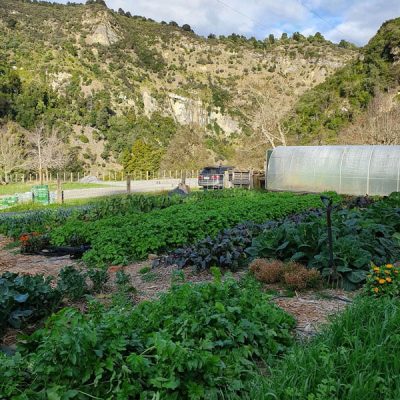
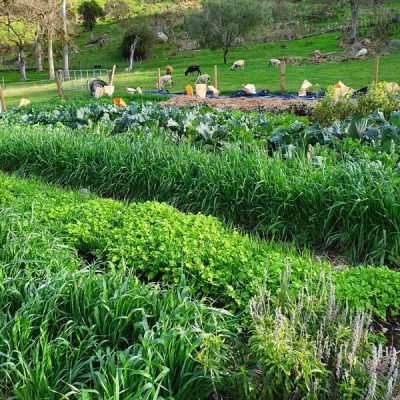
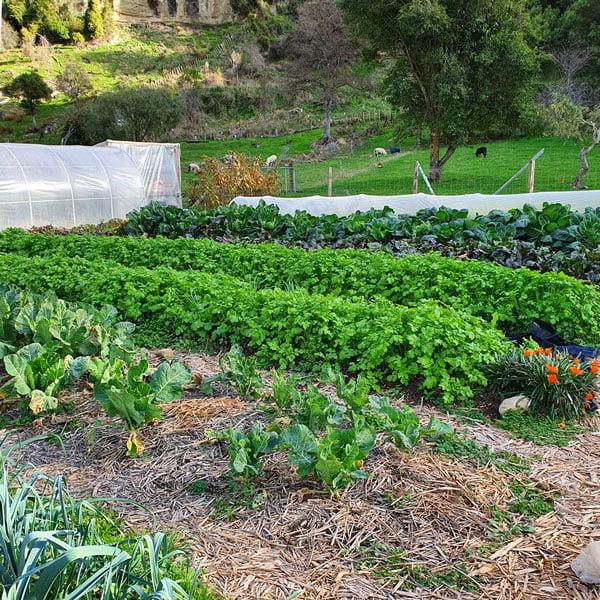
The River Valley vegetable garden Winter 2019 – growing broccoli, beets, cauliflower, cabbage, kale, lettuce and other good stuff!


